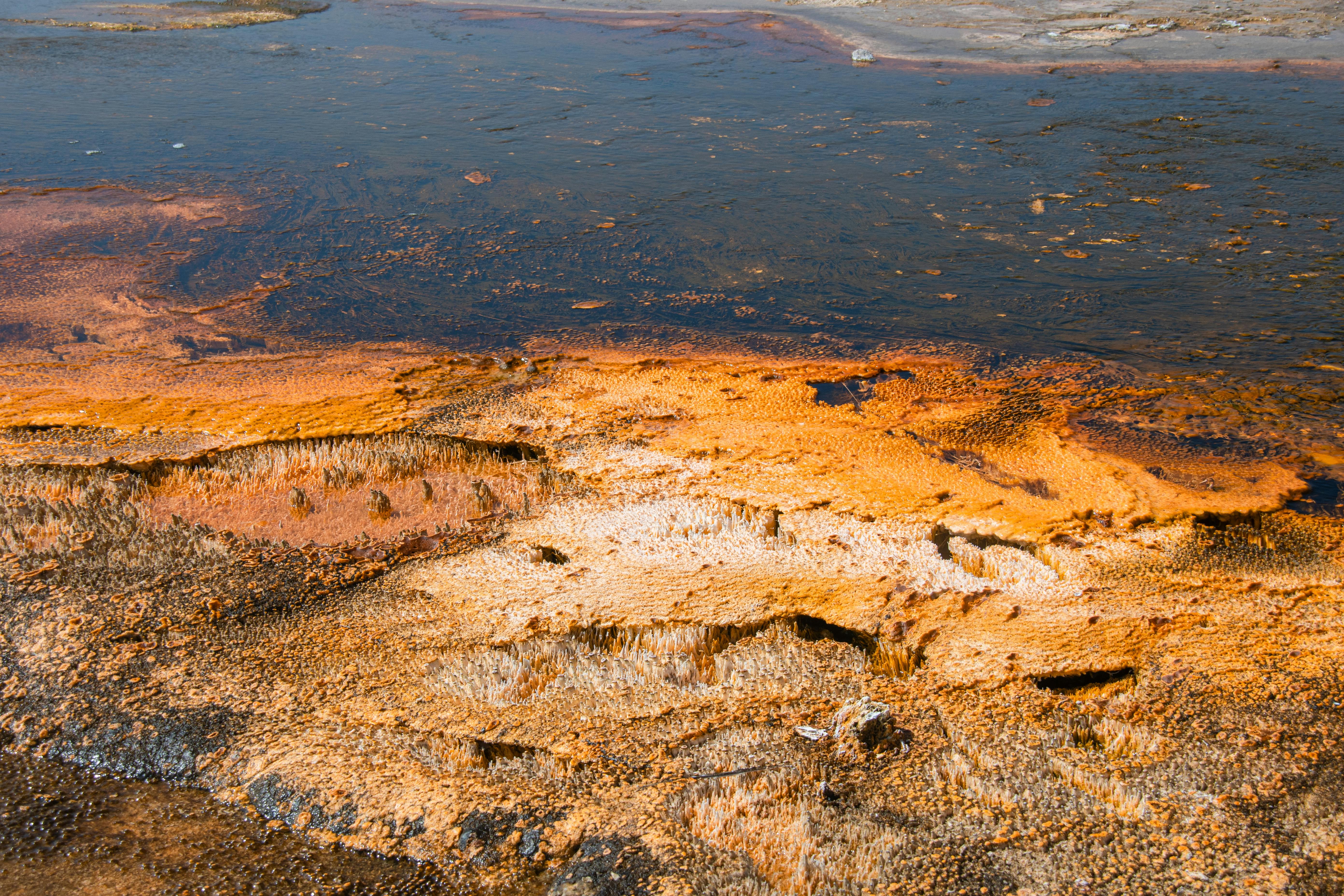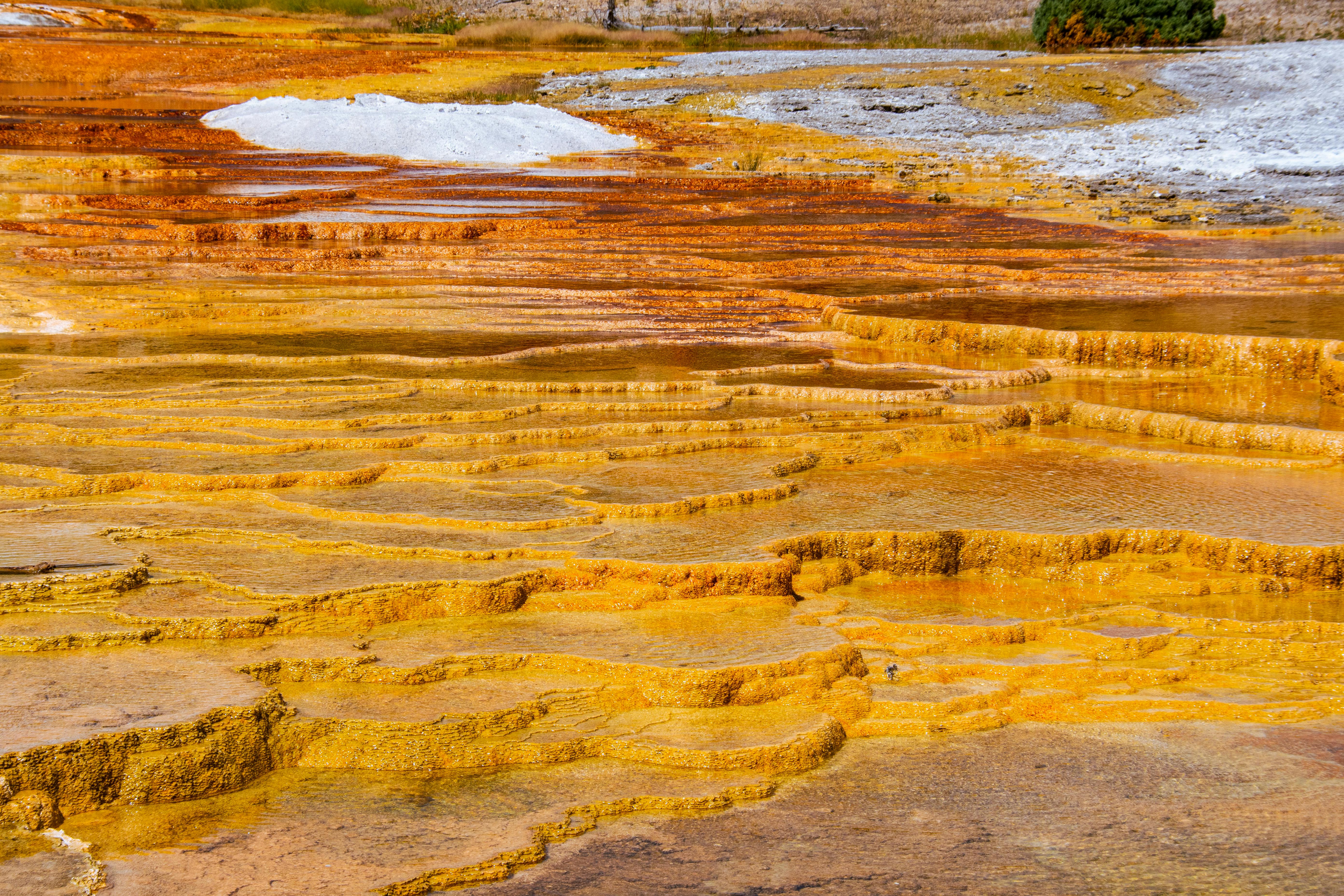Distilled water is a type of purified water that has had both impurities and minerals removed. It is often used in medical and scientific applications, as well as for drinking. While most types of water have naturally occurring acids and bases, distilled water is considered to be neutral in pH. This means that it does not have an acidic or basic pH level and can be used to create solutions with specific pH levels.No, distilled water is not acidic. Distilled water has a neutral pH of 7 and does not contain any acids.
What is pH Level?
pH stands for “potential of Hydrogen” and is a measure of the acidity or alkalinity of a liquid. The pH scale ranges from 0-14, with 7 being neutral. A pH lower than 7 is considered acidic and a pH higher than 7 is considered alkaline or basic.
What is the pH Level of Distilled Water?
Distilled water has a neutral pH level of 7. Since it does not contain any minerals or other substances, it does not have an acidic or alkaline character. This neutrality makes it ideal for many scientific experiments as well as for drinking water.
What Does pH Measure?
pH is a measure of the acidity or alkalinity of a solution. It is expressed on a scale from 0 to 14, with 7 being neutral. A pH less than 7 is acidic, while a pH greater than 7 is basic or alkaline. The lower the pH, the more acidic the solution; the higher the pH, the more alkaline the solution. A change of one unit in pH represents a 10-fold change in acidity or alkalinity. For example, a solution with a pH of 4 is 10 times more acidic than one with a pH of 5 and 100 times more acidic than one with a pH of 6.
The measure of acidity or alkalinity is important for many natural systems and processes such as those found in soils, water bodies, and in living organisms. In addition, it has implications for human health and environmental quality since many pollutants are acids or bases that can affect the pH levels in our environment.
Is Distilled Water Alkaline or Acidic?
Distilled water is considered to be neutral and has a pH of 7. This means that it is neither alkaline nor acidic, but rather neutral on the pH scale. This is because distilled water does not contain any minerals or ions and does not have any effect on the pH of the environment in which it is found. It can be used for drinking, cooking, and other purposes without affecting the pH balance of the environment. However, when distilled water comes into contact with air or other substances, it can become slightly acidic or alkaline depending on its contact with these substances.
The acidity or alkalinity of distilled water can also vary depending on its source. For example, if it comes from a tap, it may contain some minerals that affect its pH level. Additionally, if it is stored in metal containers for an extended period of time, it may become acidic due to corrosion caused by metal ions leaching into the water. In general, however, distilled water remains neutral and has no real effect on the acidity or alkalinity of its surroundings.
The Effects of Adding Acid to Distilled Water
Adding acid to distilled water can have a variety of effects. In general, adding acid to distilled water will lower the pH of the water, making it more acidic. This can be useful for a number of applications, such as creating a nutrient-rich environment for plants or cleaning surfaces. It can also be used in the production of certain types of drugs or in the treatment of industrial waste. However, there are some potential risks associated with adding acid to distilled water.
The most common risk is that too much acid can be added, resulting in a water solution that is too acidic and potentially hazardous to both people and the environment. The pH level should be monitored carefully when adding acid to distilled water, and protective gear should always be worn when handling it. Additionally, it is important to research the type of acid being used and ensure that it is not toxic or corrosive before adding it to distilled water.
Another potential risk associated with adding acid to distilled water is that it can cause minerals in the water such as calcium and magnesium to precipitate out, resulting in hard deposits on pipes and other surfaces. This can be prevented by using an appropriate filter system or by using an additive such as sodium carbonate to counteract this effect. Finally, adding acid to distilled water can also cause chlorine levels in the water to increase, which may affect taste and odor levels. Adding a de-chlorinating product before using the acidified water will help prevent this issue.
In conclusion, while adding acid to distilled water can have many beneficial uses, care must be taken to ensure that it is done safely and correctly. Monitoring pH levels carefully and taking precautions such as wearing protective gear and using appropriate filters will help minimize any risks associated with this process.

How to Increase the Acidity of Distilled Water
Distilled water is a type of purified water that has had both solids and impurities removed. It is usually slightly acidic, with a pH level of around 6.5. In some cases, however, it may be necessary to increase the acidity of distilled water in order to meet certain requirements or applications. This can be accomplished through several methods.
The most common method of increasing the acidity of distilled water is to add an acidifying agent such as vinegar or lemon juice. These substances will lower the pH level of the water, making it more acidic. It’s important to note that this method should only be used when absolutely necessary, as adding too much acid can have an adverse effect on the environment and any organisms that come into contact with it.
Another way to increase the acidity of distilled water is through carbonation. This involves introducing carbon dioxide into the water, which will lower its pH level and make it more acidic. Carbonated waters are often used in beverages and can even be purchased from most grocery stores.
Finally, adding certain minerals such as sulfuric acid or nitric acid can also increase the acidity of distilled water. These substances are usually added in very small amounts and should be done under strict guidance from qualified personnel due to their potential hazards if handled incorrectly.
Increasing the acidity of distilled water can be accomplished through several methods, though it’s important to use caution when doing so as too much acid can have adverse effects on both people and the environment. Using an appropriate amount of an acidifying agent or mineral can help ensure that any changes made are safe and effective for their intended purpose.
Lowering the Acidity of Distilled Water
Distilled water is known to have a higher acidity level than other types of water, which can be detrimental to health if consumed over long periods of time. Fortunately, there are several methods that can be used to lower the acidity of distilled water.
One method is to add minerals to the water. Minerals such as magnesium and calcium work to reduce the acidity in distilled water by providing a buffer against the acidity. These minerals can be added directly to the distilled water or added through a filter system, such as reverse osmosis or alkaline ionizers.
Another way to reduce the acidity in distilled water is by using a pH adjustment solution. These solutions contain chemicals that work to neutralize acids and bring down the pH level of the water. They are typically sold in liquid form and should be added directly to the distilled water according to package instructions.
Lastly, adding baking soda or sodium bicarbonate to distilled water can also help reduce its acidity level. Baking soda works by raising the pH level of acidic liquids, thus making them less acidic and more alkaline. Adding one teaspoon of baking soda per gallon of distilled water should be enough for most applications.
Overall, there are several methods that can be used effectively for lowering the acidity levels in distilled water. Adding minerals, using pH adjustment solutions, or adding baking soda are all effective ways for reducing its acidity levels and making it safer for consumption.
Is Distilled Water Safe for Drinking?
Distilled water is a type of purified water that has had both impurities and minerals removed. It is created by boiling water and then condensing the collected steam back into a liquid. This process removes impurities, such as bacteria, viruses, and other microorganisms, as well as many minerals and chemicals found in the original water source. Distilled water is commonly used in medical and laboratory settings to ensure the safety of experiments. While it may be safe to drink in certain circumstances, there are some potential risks associated with consuming distilled water on a regular basis.
One potential risk of drinking distilled water is that it can leach essential minerals from the body if consumed regularly. Minerals such as calcium, magnesium, and sodium are necessary for proper bodily function and can be depleted if not replaced through food or supplements. Drinking distilled water may also lower the pH of your blood, potentially leading to acidosis if consumed in large amounts over a long period of time.
Despite these potential risks, distilled water is still considered safe to drink if it has been produced properly and contains no contaminants or bacteria. In addition, it can be beneficial for those who have certain medical conditions or who live in areas with high levels of pollutants in their tap water. If you are unsure whether or not distilled water is safe for you to drink, consult your doctor before consuming it on a regular basis.

Conclusion
In summary, distilled water is not acidic. In fact, it is pH neutral, meaning it has a pH of 7.0 when tested. While some materials may be released into distilled water during the distillation process, most of these materials are considered harmless and and do not affect the pH level of the water. In addition, many people believe that drinking distilled water can be beneficial to one’s health as it is free from substances like chlorine and heavy metals.
Overall, distilled water is neither acidic nor alkaline and has a neutral pH level of 7.0 when tested. This makes it an ideal choice for drinking purposes as it does not contain any potentially harmful substances that could be found in other waters sources such as tap or river water.

